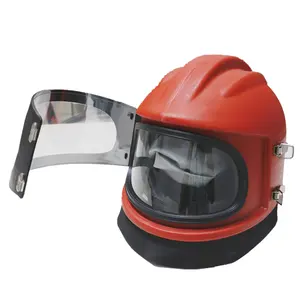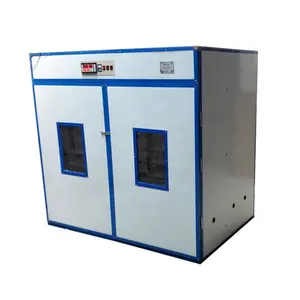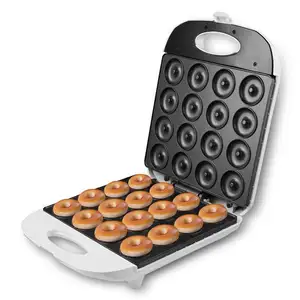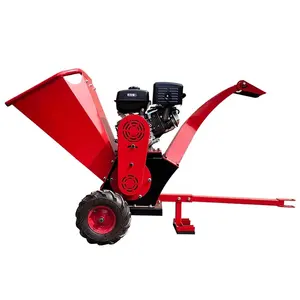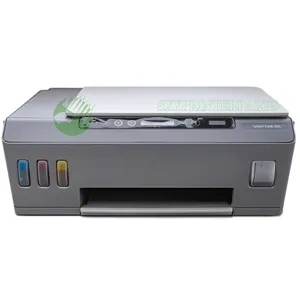Popular in your industry













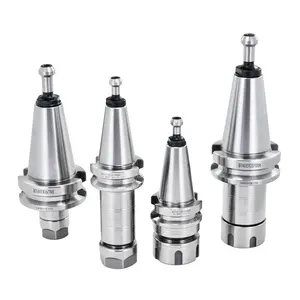
























































































































































































Top categories
About 5c square collet
Understanding the 5C Square Collet
A 5c square collet is a specialized tool component designed for securing and positioning various workpieces during machining operations. Its square-shaped clamping mechanism is precision-engineered to hold materials firmly, ensuring accuracy and consistency in manufacturing processes.
Types and Variations
The versatility of the 5c collet system extends to various forms, including the 5c collet block, 5c collet block set, and 5c square collet set. Each type serves a specific function, catering to different shapes and sizes of workpieces. The hex collet block and 5c hex collet block are particularly useful for six-sided components, expanding the range of applications.
Applications and Features
5c square collet and its counterparts are integral in industries where precision is paramount. They are commonly used in conjunction with lathes, milling machines, and CNC machinery. The features of these collets include high durability and the ability to withstand the rigors of high-speed machining without compromising the workpiece's integrity.
Material and Construction
The construction of a 5c collet square involves materials that can endure substantial pressure and wear. Typically, high-grade steel or other durable alloys are used to manufacture these collets, ensuring they maintain their shape and precision over time.
Advantages of Using 5C Collets
Utilizing a c5 collet block or square collet brings numerous advantages to machining operations. They provide a secure grip on the workpiece, minimize vibration, and allow for quick changes between jobs, which enhances overall efficiency.
Selecting the Right 5C Collet
Choosing the correct 5c square collet or block set is crucial for optimal performance. Factors to consider include the material of the workpiece, the specific requirements of the machining task, and the compatibility with existing machinery.
